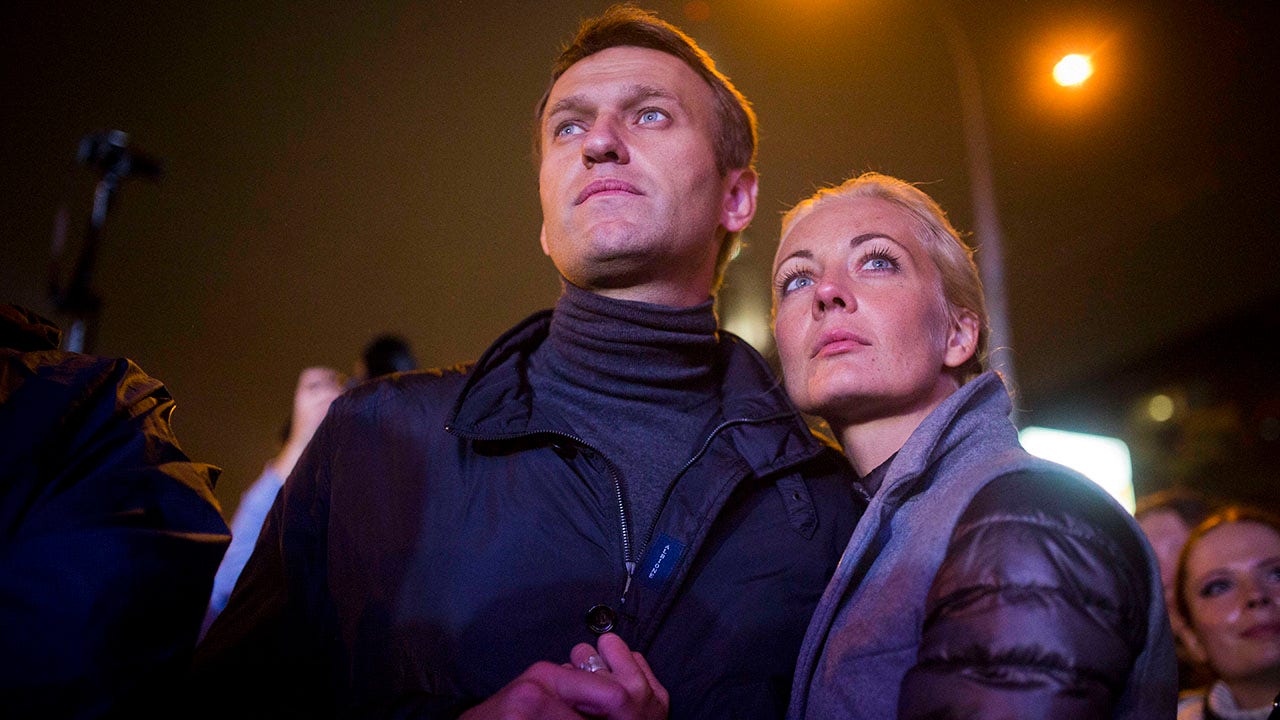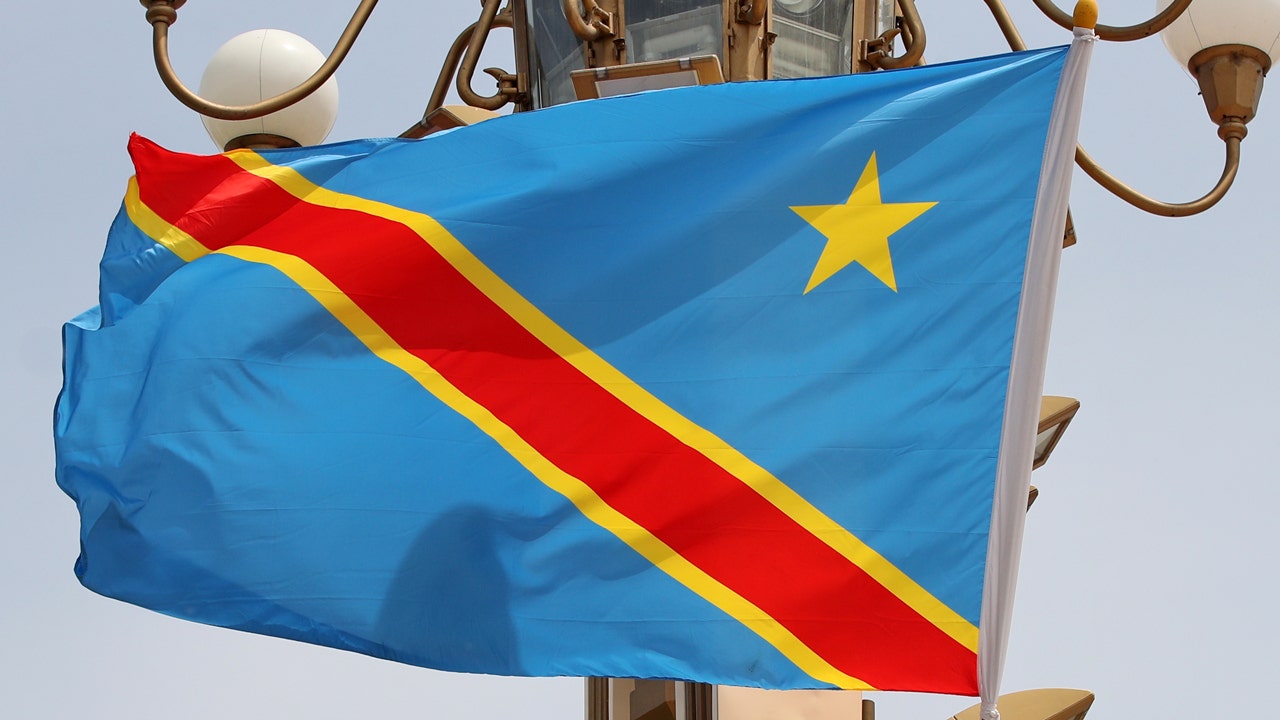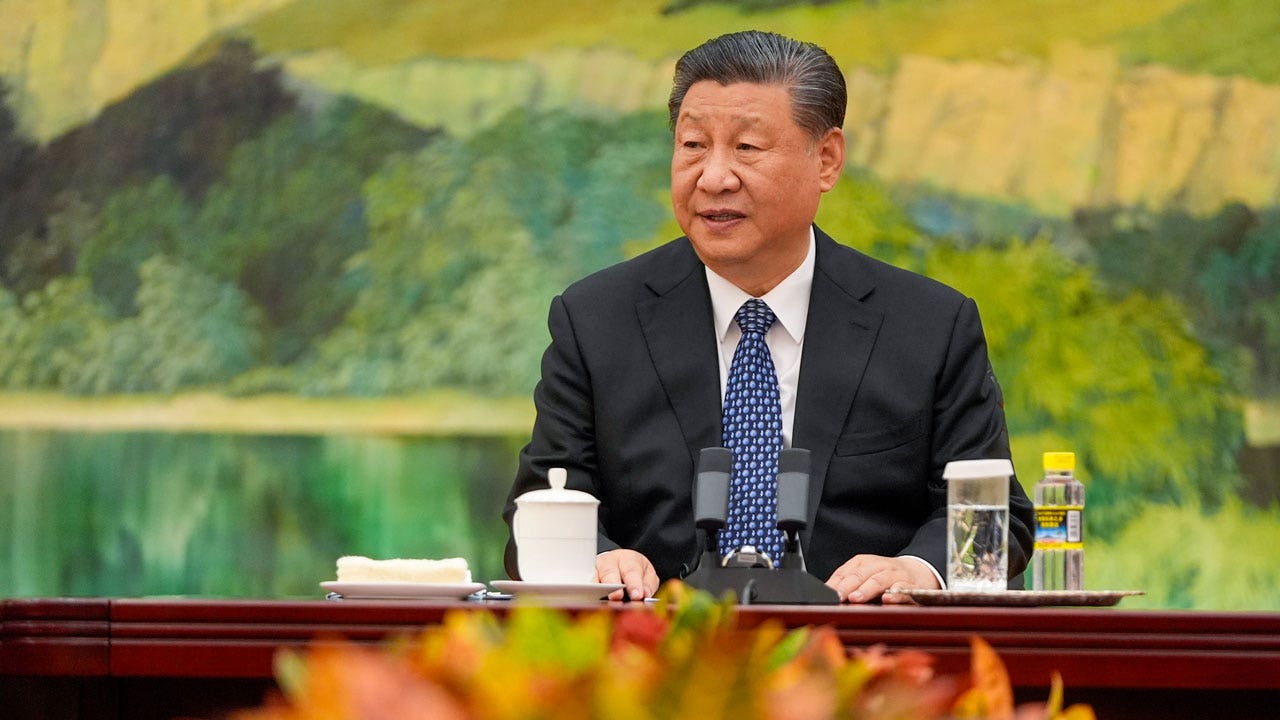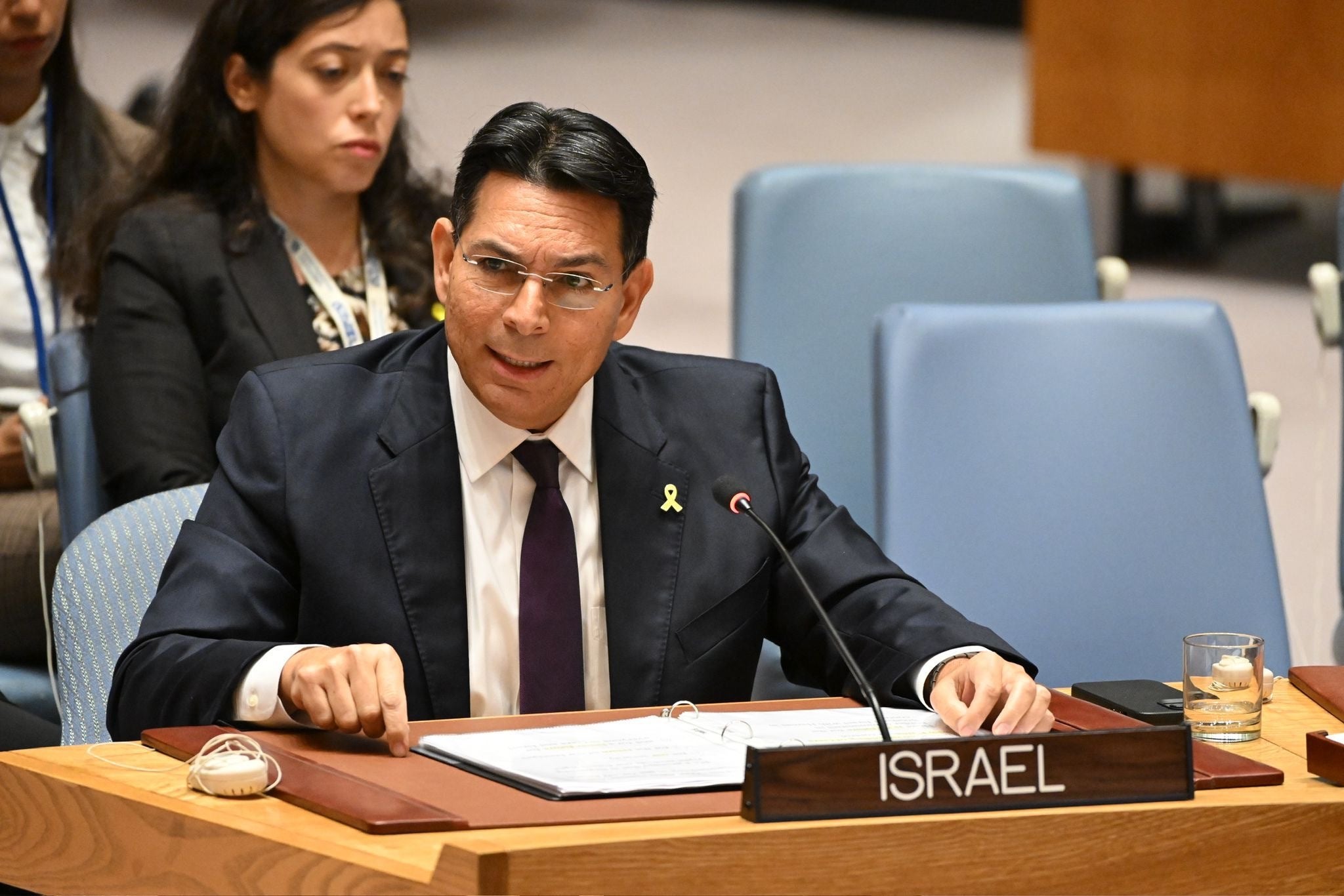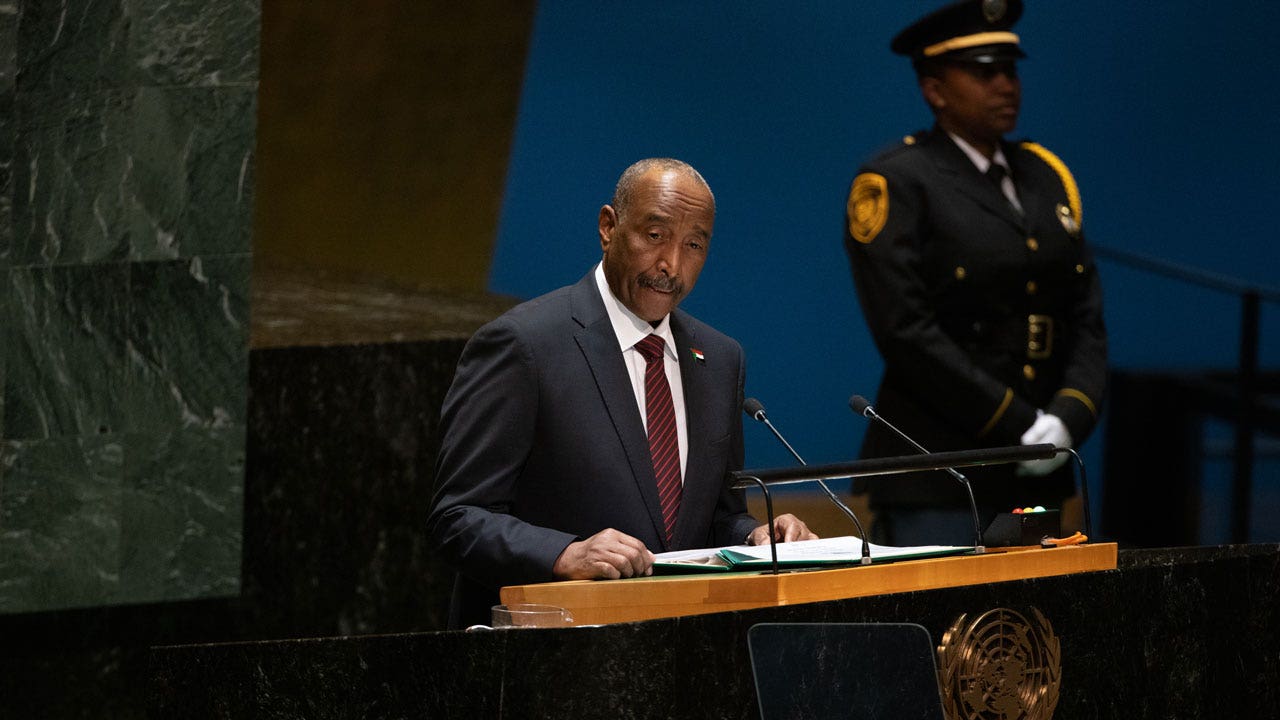Hours after a battle in eastern Ukraine in August, a wounded and unarmed Russian soldier crawled through a nearly destroyed trench, seeking help from his captors, a unit of international volunteers led by an American.
Caspar Grosse, a German medic in that unit, said he saw the soldier plead for medical attention in a mix of broken English and Russian. It was dusk. A team member looked for bandages.
That is when, Mr. Grosse said, a fellow soldier hobbled over and fired his weapon into the Russian soldier’s torso. He slumped, still breathing. Another soldier fired — “just shot him in the head,” Mr. Grosse recalled in an interview.
Mr. Grosse said he was so upset by the episode that he confronted his commander. He said he spoke to The New York Times after what he regarded as unwarranted killings continued. It is highly unusual for a soldier to speak publicly about battlefield conduct, particularly involving men whom he still considers friends.
But he said he was too troubled to keep silent.
The shooting of the unarmed, wounded Russian soldier is one of several killings that have unsettled the Chosen Company, one of the best-known units of international troops fighting on behalf of Ukraine.
Mr. Grosse’s witness recollection is the only available evidence of the trench killing. But his accounts of other episodes are bolstered by his contemporaneous notes, video footage and text messages exchanged by members of the unit and reviewed by The Times.
In a second episode, a Chosen member lobbed a grenade at and killed a surrendering Russian soldier who had his hands raised, video footage reviewed by The Times shows. The Ukrainian military released video of the episode to showcase its battlefield prowess, but it edited out the surrender.
In a third episode, Chosen members boasted in a group chat about killing Russian prisoners of war during a mission in October, text messages show. A soldier who was briefly in command that day alluded to the killings using a slang word for shooting. He said he would take responsibility.
“If anything comes out about alleged POW blamming, I ordered it,” wrote the soldier, who uses the call sign Andok. He added an image of a Croatian war criminal who died in 2017 after drinking poison during a tribunal at The Hague.
“At the Hague ‘I regret nothing!’” he wrote. It was one of several text messages reviewed by The Times that make reference, directly or obliquely, to killing prisoners. Andok said in an interview that he had been joking.
Mr. Grosse was not on that mission but said that, afterward, a fellow soldier recounted killing a prisoner. Mr. Grosse documented it in his journal.
The Times is identifying frontline soldiers by their call signs in keeping with Ukrainian military protocol. They have not been charged with any wrongdoing.
Killing prisoners of war is a violation of the Geneva Conventions. Once soldiers clearly indicate an intention to surrender, they cannot be attacked and must be safely taken into custody. The Ukrainian government has repeatedly pointed at Russian troops killing unarmed and surrendering soldiers as proof of Moscow’s lawlessness.
A Greek soldier known as Zeus was at the center of all three episodes — tossing the grenade and, Mr. Grosse says, firing at the wounded Russian in the trench and bragging about another kill. He did not respond to messages seeking comment left on his phone and through Facebook.
Ryan O’Leary, the de facto commander of Chosen Company and a former U.S. Army National Guardsman from Iowa, said that Zeus did not want to speak.
In an interview, Mr. O’Leary denied that members had committed war crimes. He said that his fighters had killed wounded Russians, but only those who could have fought back.
Mr. O’Leary said that the trench episode that Mr. Grosse recounted never happened, and that he was not on that mission. He also dismissed the significance of the text messages. “That’s predominantly blowing off steam,” he said.
He said the grenade episode was not “black and white,” because the Russian soldier and another nearby might have posed a threat. The video leaves unanswered questions about what Chosen members saw or considered threats before the attempted surrender.
But in the United States military, a video showing the killing of a surrendering soldier, regardless of the circumstances, would prompt an immediate investigation, said Rachel E. VanLandingham, a professor at Southwestern Law School and a former U.S. Air Force lawyer.
“Failure to investigate is more troubling than the incident itself,” Ms. VanLandingham said. “Lack of accountability starts with lack of investigation.”
The Ukrainian military has the authority to investigate accusations of war crimes and has opened investigations into claims of abuses committed by Russian forces. In response to a list of questions, the military stopped short of promising an investigation. It said “the issue raised will be thoroughly examined and verified.”
The American volunteers are fighting without the backing of the United States government, which does not want to be drawn into direct combat with Russia. But the U.S. Justice Department also can investigate because Mr. O’Leary and other Chosen members are American.
Soon after The Times began asking questions, Mr. O’Leary vowed to find out who was speaking to journalists.
“Some stuff the reporter brought up was only known by a few people,” he wrote in a group chat. “But we will cast a wide net regardless to snare the rabbit.”
Chosen Company
The very existence of the Chosen Company is a peculiar feature of Ukraine’s war effort. Desperate for personnel, the military opened its ranks to thousands of international volunteers after Russia’s full-scale invasion in February 2022.
Fighters with varying degrees of experience and professionalism, some of whom would not have been allowed near a battlefield in an American-led war, were welcomed and armed.
Mr. O’Leary wanted Chosen to be a home for professional, disciplined fighters. The unit — a mix that included deserters, thrill seekers and aging soldiers — became a hub for volunteers seeking combat.
Mr. Grosse, a former German soldier, came to Ukraine seeking purpose and adventure. He fought alongside other foreign fighters early in the war. Then, he found his way to Chosen.
The company, of about 60 people from about a dozen countries, fell under the command of Ukraine’s 59th Separate Motorized Infantry Brigade. Ukrainian officers were technically in charge but, as in most foreign units, they largely performed administrative functions.
Chosen often acted as shock troops, teams that could lead assaults and clear Russian positions despite heavy fire and, sometimes, heavy casualties.
Internally, the company had its own reputation. Benjamin Reed, a former Chosen member from Massachusetts, said in an interview that he “heard, to such a large degree, innumerable conversations, about the executions of P.O.W.s on various operations.”
Mr. Reed said that even the unit’s recruiter told him that it “was OK to kill P.O.W.s if they didn’t surrender in the strictest Geneva Convention standards.”
The Grenade Episode
On Aug. 23, 2023, just over a dozen soldiers from Chosen joined a small Ukrainian force on a mission that became known as Operation Shovel.
The goal was to drive Russian forces out of trenches south of the eastern Ukrainian town of Pervomaiske.
Chosen stormed the trenches in vehicles and then on foot, surprising the Russian soldiers and pinching them on either side.
The fighting was mostly over in less than a half-hour. Everyone in Chosen survived, though some were wounded. Most of the Russian forces died, but a few fled, taking cover in nearby craters that had been left by explosions.
The episode took place after the trench was declared clear. But artillery fire and drone attacks remained a threat. And the battlefield was dynamic: About 10 minutes earlier, an unarmed Russian soldier had frantically darted into Chosen’s trench, then hurried away before being shot and killed.
Mr. O’Leary showed The Times two videos that he said proved that what followed was murky, not a “dirty kill.” The videos, which he said were unedited, were taken from a drone and a soldier’s helmet camera.
In the helmet camera video, sporadic small-arms fire is audible in the distance, but no hostile fire comes from the craters. The two Chosen soldiers seen on video were somewhat exposed and scanning the area, indicators that they were not under fire.
Mr. O’Leary, who was nearby in the trench, called out to Zeus and another soldier: “Three Russians in front.”
One of those three was dead. Two others were in a nearby crater. One, dressed in olive-colored battle dress, seems to try to get the attention of Chosen troops. He puts his hands to his mouth, apparently calling out. He fires his weapon directly in the air, then puts it down and approaches the edge of the crater with his hands up, an internationally accepted sign of surrender.
Beside him is another Russian soldier, who appears wounded and barely moves. He does not try to surrender.
How much the Chosen team knew about these men is unclear, and potentially significant to the question of whether the killing that came after was justified.
Mr. Grosse, the medic, said he heard a Ukrainian drone team report on the radio that a Russian soldier was trying to surrender.
Mr. O’Leary initially denied that his radio was working properly. When asked, if so, how he knew that three Russians were in or near the craters, he acknowledged that some transmissions had gotten through.
The surrendering Russian soldier has his hands raised for several seconds, as seen from the drone footage, when a grenade lands nearby, killing him.
Zeus, who threw the grenade, was not wearing a body camera. Footage from the nearby helmet camera does not show the Russian soldier, indicating that Zeus may not have seen him.
But after the explosion, Zeus indicates that he had seen him. “I think I killed a guy with a grenade in his hands,” he said, laughing. There is no indication in the drone video that the Russian had a grenade.
Mr. O’Leary said that since he could not see into the crater, he had no idea if the Russian soldier or his comrades could fight back if Chosen tried to capture him.
The Ukrainian military later released an edited video that shows only two seconds of the fatal encounter. It shows that the Russian has no weapon, but the moment that he raises his hands is not included.
And the editing made it appear that the killing occurred in the heat of combat, rather than when the battle was all but over. A spokesman for the 59th Brigade would not discuss the video.
Mr. O’Leary denied that Mr. Grosse was on the mission.
But in interviews, Mr. Grosse recounted details that other Chosen members corroborated. And, using the publicly released video, The Times geolocated the battle and placed it exactly where Mr. Grosse said it had occurred. He is not sure whether he is in the military logs for the battle, but those are notoriously unreliable, according to other foreign fighters not involved with Chosen.
Ms. VanLandingham, the former Air Force lawyer, said that details about what the soldiers could see would typically surface in an investigation.
The Ukrainian military justice system, though, is widely regarded as outdated and ill equipped for such situations.
“Reports of human rights violations within the military have become a toxic issue for the Ukrainian government and highlighted the issue,” the Wilson Center, a Washington-based research organization, wrote in February.
A Fatal Shooting
As Operation Shovel winded down that same day, Chosen secured the trench line and waited for reinforcements.
Around dusk, Mr. Grosse said, a badly injured Russian soldier, who had been presumed dead, began crawling through the trench, calling for help.
A Chosen soldier from the United States, known as Cossack, knew some Russian and tried to speak to him, Mr. Grosse said. When Cossack said that he was American, the injured man began saying “help” and “surrender” in English, Mr. Grosse said.
Cossack called out for first-aid equipment. “I think he wanted to help him,” Mr. Grosse said.
It was then, Mr. Grosse said, that Zeus arrived and shot the Russian soldier in the chest. “He was breathing and wiggling around,” Mr. Grosse said.
Mr. Grosse said Cossack then shot the Russian soldier in the head with a Kalashnikov rifle in what Mr. Grosse assumes was a mercy kill.
Cossack did not respond to phone messages seeking comment.
Roughly an hour later, Chosen soldiers returned to their base, where they watched a medley of videos from the operation.
There, Mr. Grosse said he first saw the grenade attack. He had been elsewhere in the trench and had not witnessed it.
Mr. Grosse, who said he was already disturbed from the shooting, said that he complained to Mr. O’Leary in front of others.
“I specifically said that, because I’m the medic, I want prisoners to be in my care and nobody gets to shoot them,” Mr. Grosse said. “‘They have to arrive in my care healthy, or at least in the way you found them.’ And everybody was like, ‘OK fine.’”
Mr. O’Leary confirmed receiving a complaint after Shovel about the unit’s tactics in general. And he said that Mr. Grosse did complain about conduct on other missions — conduct that he said was lawful. But he denied that Mr. Grosse had raised concerns after Shovel.
Afterward, Mr. Grosse said, Zeus bragged “a thousand times” about killing the surrendering Russian.
Word spread within Chosen about the video’s contents.
When Mr. Reed joined a few months later, he said he was told — not by Mr. Grosse — that there was a reason the Shovel video had not been not released in full: “because it would look very bad on us,” Mr. Reed said.
He said soldiers told him they had killed “some Russian asking to be spared.”
Text Messages and a Journal Entry
Nearly two months later, in mid-October, about a dozen Chosen members were again called to an area around Pervomaiske, this time to halt a Russian advance.
Afterward, a group chat lit up with discussion alluding to the shooting of Russian prisoners.
Andok, who briefly took charge that day, said his team had been exhausted and low on ammunition. They had no reinforcements and nobody to carry the wounded, he wrote.
“And then someone’s like ‘We got these captures,’” Andok wrote. “Me: Why the fuck aren’t they sleeping, sort em out.”
He added: “If indeed that’s what actually happened.”
One soldier posted an image from the World War II movie “Inglourious Basterds” showing a German prisoner about to be killed.
Discussion focused on Zeus. But Andok said that he, not Zeus, was responsible. “He was just doing his job,” Andok wrote. He then posted the photograph of the Croatian war criminal.
Andok now says he sent the messages in jest and did not order any shooting. But the messages suggest that others took the matter seriously.
One soldier asked if video of the shooting existed. “Because if not, it’s sound,” he wrote. “Unless someone grasses on him,” he added, using the British slang term for reporting someone to the authorities.
“No go pro footage, didn’t happen,” another soldier wrote.
Mr. Grosse was not on that October mission. But he said Zeus later bragged directly to him about the killing.
Mr. Grosse keeps journals, though not always chronologically. His thoughts and poems spread across Moleskine or off-brand notebooks, whatever is nearby when the mood strikes.
He showed The Times a copy of an entry that he said he wrote immediately after his conversation with Zeus.
“Today a good friend willingly executed a bound prisoner,” the entry begins. “As the prisoner was sitting in a trench blendage with his jacket draped over his shoulders, Zeus came up behind him and shot him into the back of the head multiple times. Going to bed.”
(The entry misspells the word “blindage,” a protective structure in a trench.)
Though the entry is undated, Mr. Grosse said it was written in October. That aligns with an early conversation he had at the time with a Times reporter, when he spoke about being troubled by battlefield incidents.
‘We Are Brothers’
In an interview, Mr. Reed, the former Chosen member from Massachusetts, said his time with the unit was marked by disagreements, all unrelated to accusations of battlefield wrongdoing.
He recounted harassment and death threats. He threatened to disclose Chosen’s location publicly, jeopardizing its security. In anger, he said, he posted embarrassing photographs of a Chosen member in a pro-Russian channel on the messaging platform Telegram.
He says he left Chosen in November. Mr. O’Leary says he was kicked out.
In January, Mr. Reed posted a video on TikTok criticizing his former comrades. “Those guys are kill-crazy cowboys, nothing more,” he says.
Unlike Mr. Reed, Mr. Grosse said he left last fall on good terms, but disenchanted. “You couldn’t rely on the guy next to you,” he said.
In April, word spread inside Chosen that The Times was asking about the deaths of Russian prisoners and surrendering soldiers.
One Chosen member questioned in the group chat why anyone was “snitching on bros’.”
Mr. O’Leary wrote that the accusations were baseless. He said that anyone who had spoken to reporters faced years in prison for releasing confidential information.
“I’d prefer to stop any investigation before it starts and simply say it was a misunderstanding,” he wrote. “End of day, we are brothers.”
Niki Kitsantonis and Dave Philipps contributed reporting.

